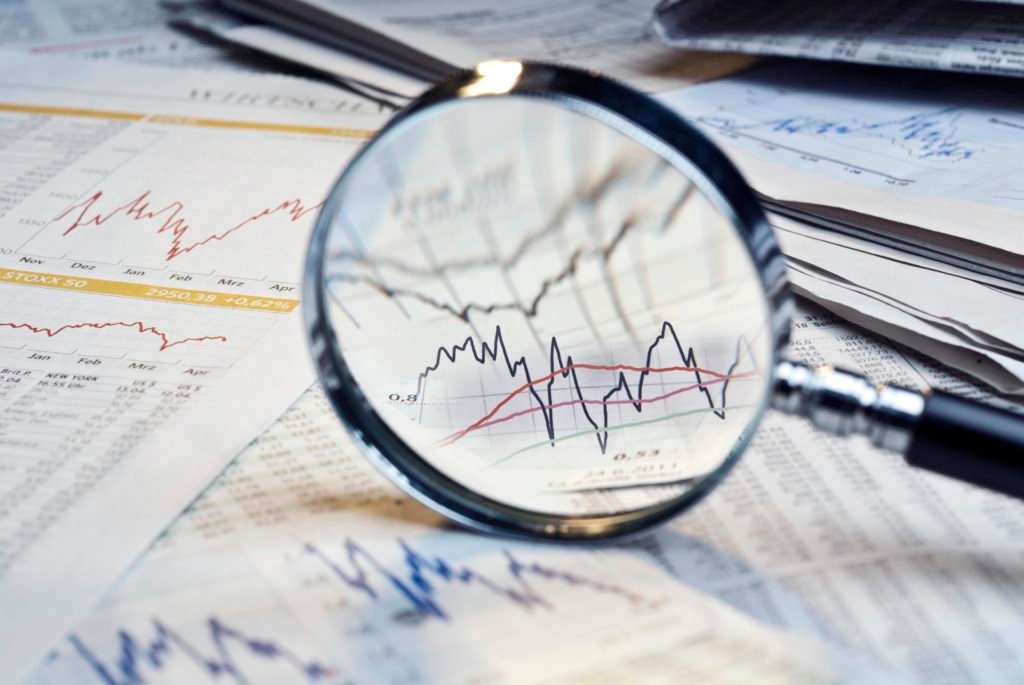
Sterling slides as recent UK economic data and comments from Governor Mark Carney suggest that the Bank of England will not raise interest rates at the next meeting on 10 May. From being a near certainty, there is now only a 20% chance that we see rates rise. Consumer price inflation, while still above the 2% target, has fallen more quickly than expected. The economy meanwhile grew by only 0.1% in the first quarter. There was potentially some impact from the snow disruption, but it may be more broadly based. This estimate of GDP is however only based on partial information for the quarter.
The market will closely watch PMI surveys this week for signs of a rebound as sterling slides. Overall business confidence has remained steady with underlying economic growth remaining resilient. However, a further slowdown in the manufacturing figures will give the Bank of England further pause for thought.
Prime Minister May has suffered a number of recent body blows within her cabinet and in the House of Lords. The meeting of the Brexit ‘war committee’ on Wednesday will be closely watched following the Commons debate on the Customs Union last week.
GBPEUR – 1.1345
GBPUSD – 1.3753
The US central bank has increased interest rates six times since December 2015. The European Central Bank (ECB), meanwhile, is still injecting money into the economy by buying bonds until at least the end of September. ECB President Mario Draghi noted ‘some moderation’ in the pace of economic expansion. He did, however, note that underlying activity was ‘solid and broad-based’. Overall, caution was expressed, ‘tempered by unchanged confidence’ that inflation will converge to the ECB’s goal of close to, but below, 2%.
Markets expect first-quarter GDP growth on Wednesday to have slowed to 0.4% from 0.7% in the final quarter of 2017. That still remains a respectable pace of expansion, though this suggests that for now, the ECB is comfortable with the current policy of bond buying.
EURUSD – 1.2123
EURGBP – 0.8814
US economic activity in the first quarter slowed marginally to 0.6% from 0.7% at the end of 2017. Although consumer spending slowed during the quarter, March retail sales suggest there could be the start of a rebound, which is expected to extend into the second quarter. US 10-year Treasury yields increased above 3% last week for the first time since 2014. They have risen from 2.4% since the start of the year, mostly because of expectations for US economic growth and inflation. Fears of a global trade war and some geopolitical tensions, meanwhile, have reduced.
The US central bank is expected to leave interest rates unchanged at 1.75% on Wednesday, but the statement is likely to support a June rate rise, especially as inflation is expected to have jumped higher in March. Labour market figures on Friday are also expected to show strong employment growth of about 200k, while unemployment is forecast to fall to a seventeen-year low of 4.0%, maintaining upward pressure on wage growth.
GBPUSD – 1.3753
EURUSD – 1.2123
Do get in touch if you would like to discuss further.
*Rates correct as at 9am on the date of publishing